
Linux Kernel 6.1 is finally here, and it comes bearing early Christmas gifts in the form of improvements and support for new hardware. 🎄
It comes a few months after the release of Linux Kernel 6.0, where the naming scheme was changed from 5.x.x to 6.x in favor of a less confusing alternative.
As usual, the last kernel release of the year may be considered a long-term release version that gets support for a couple of years.
Suggested Read 📖
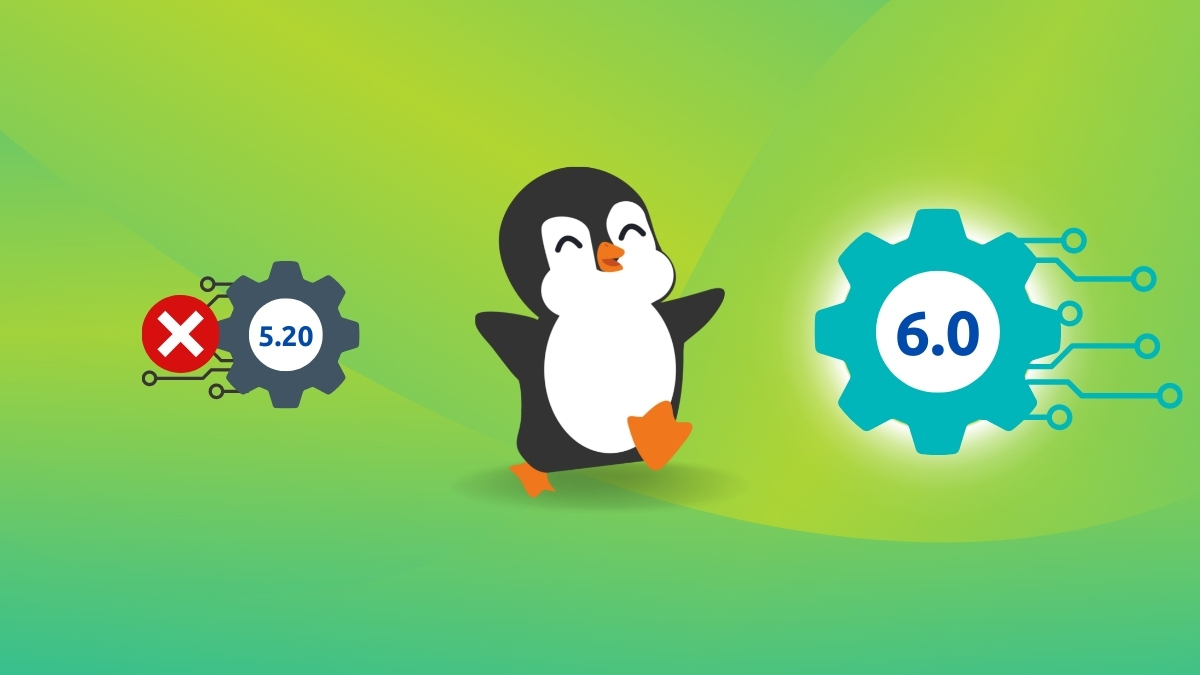
Linux Kernel 6.1 promises many improvements and includes initial support for unreleased hardware by AMD and Intel.
With the announcement, Linus Torvalds mentions:
So here we are, a week late, but last week was nice and slow, and I'm much happier about the state of 6.1 than I was a couple of weeks ago when things didn't seem to be slowing down.
Of course, that means that now we have the merge window from hell, just before the holidays, with me having some pre-holiday travel coming up too. So while delaying things for a week was the right thing to do, it does make the timing for the 6.2 merge window awkward.
He further adds that he will be stricter about the merge window rules considering it should be a calm holiday season for everyone.
🆕 Linux Kernel 6.1: What’s New?
With this release, we see various changes, such as improved support for ARM SoCs, initial support for Intel's upcoming Meteor lake CPUs, and AMD's RDNA 3 GPUs.
You can find more technical details in its announcement post.
Experimental Support for Rust
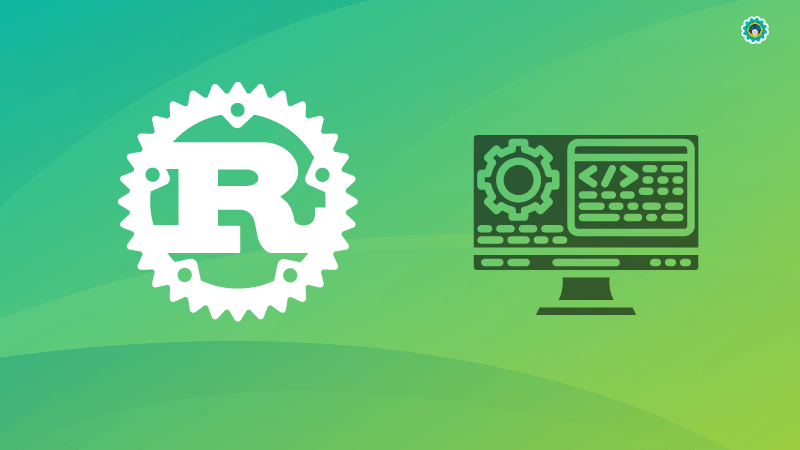
While we expected this to happen with Linux Kernel 6.0, it arrives with Linux Kernel 6.1, allowing developers to write kernel code in Rust.
Enablement Of Intel Meteor Lake
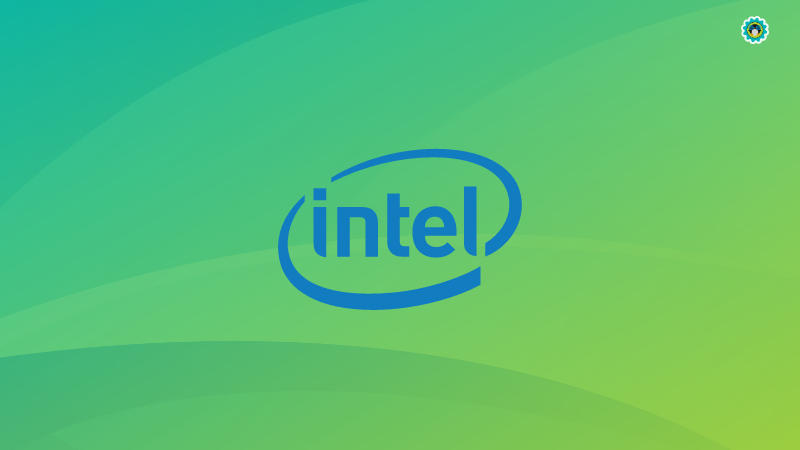
Intel's open-source developers have been hard at work to provide initial support for the upcoming Meteor Lake chips.
Dubbed as Intel's first 7 nm microarchitecture, developers have pushed various commits to DRM-next.
These include a variety of firmware commits with initial support for the Meteor Lake CPUs and their integrated GPUs.
Initial Support For AMD RDNA 3 Graphics
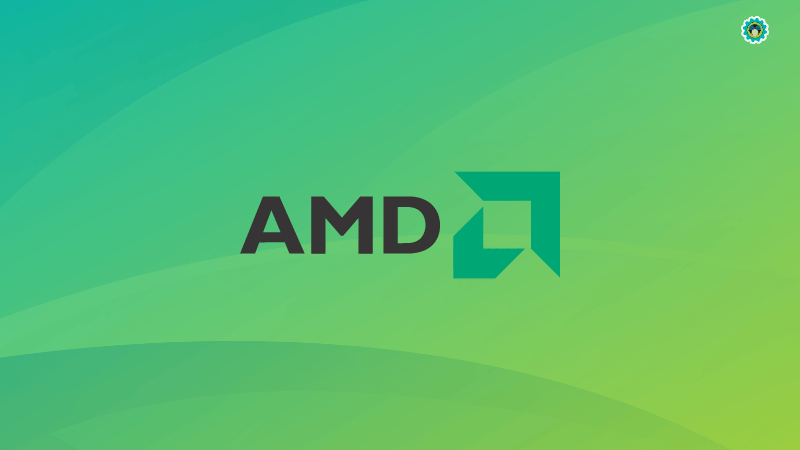
AMD has been adding code for the RDNA 3 graphics architecture to Linux Kernel 6.1 for some time now.
This includes support for their upcoming GPUs and various fixes for their old GPU products.
You can go through the full list of patches here.
Optimizations for AMD PCs

AMD PMF has been introduced with this kernel release; it stands for AMD Platform Management Framework.
This driver is meant to provide a framework for the quieter and more efficient running of AMD PCs.
It makes use of the onboard sensors in tandem with AMD's various thermal and power kernel drivers to achieve that.
Improved ARM SoC Support
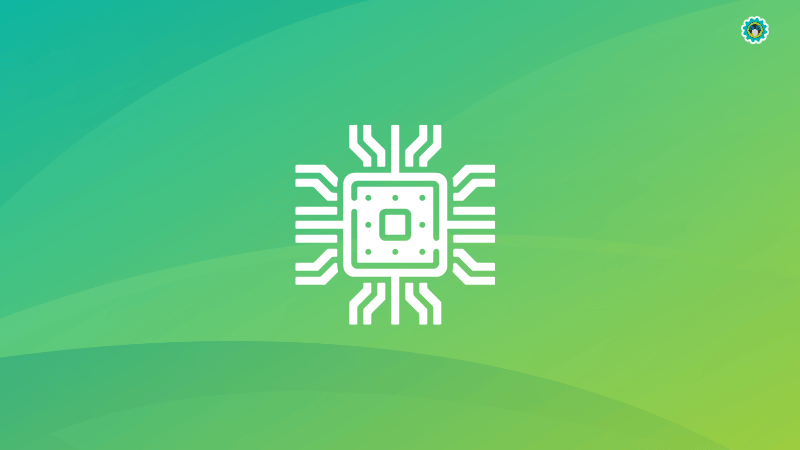
Linux Kernel 6.1 brings in support for additional ARM SoCs, such as:
- MediaTek MT8186
- Texas Instruments AM62A
- NXP i.MX8DXL
- Various variants of Qualcomm IPQ8064
The kernel also features support for a few smartphones such as PINE64 PinePhone Pro, Sony Xperia 1 IV, and Samsung Galaxy E5/E7/Grand Max.
Storage Improvements
The kernel has a lot of improvements for storage.
For instance, Btrfs is bringing async buffered writes with this update, resulting in more than 2x throughput improvement.
Then there are the improvements to EXT4 with performance optimization and a few bug fixes.
Alongside this, EROFS has introduced FSCache-based shared domain support to Linux Kernel 6.1.
🛠️ Other Improvements
Those are not the only improvements being offered with Linux Kernel 6.1; here are some of the other notable ones:
- Support for Microsoft Surface Pro 9 and Surface Laptop 5.
- Enablement of AMD Zen 4 LbrExtV2.
- AMD CPU Cache-To-Cache & Memory Reporting Capabilities.
- Introduction of AMD IOMMU v2.
- Preparations for Wi-Fi 802. 11be/Wi-Fi 7.
How to Install Linux Kernel 6.1?
You can easily upgrade if you use an Arch-based distro or Fedora.
Unfortunately, if you are using other Linux distributions (Pop!_OS and Linux Lite can be an exception to some extent), you may not receive an upgrade directly from your distro.
However, almost all Linux distributions explicitly allow you to install the latest kernel. Here's a guide for Ubuntu 👇

So, if you are feeling adventurous (and know what you are doing), you can find the newer kernel listed on Linux Kernel Archives. You can download the tarball to test it out.
However, as always, we recommend waiting for your Linux distribution to push an update if you do not want to take any chances. It is best to stick to what’s being offered for your Linux distribution by default.
- Even the biggest players in the Linux world don't care about desktop Linux users. We do.
- We don't put informational content behind paywall. Your support keeps it open for everyone. Think of it like 'pay it forward'.
- Don't like ads? With the Plus membership, you get an ad-free reading experience.
- When millions of AI-generated content is being published daily, you read and learn from real human Linux users.
- It costs just $2 a month, less than the cost of your favorite burger.
Become a Plus Member today and join over 300 people in supporting our work.












